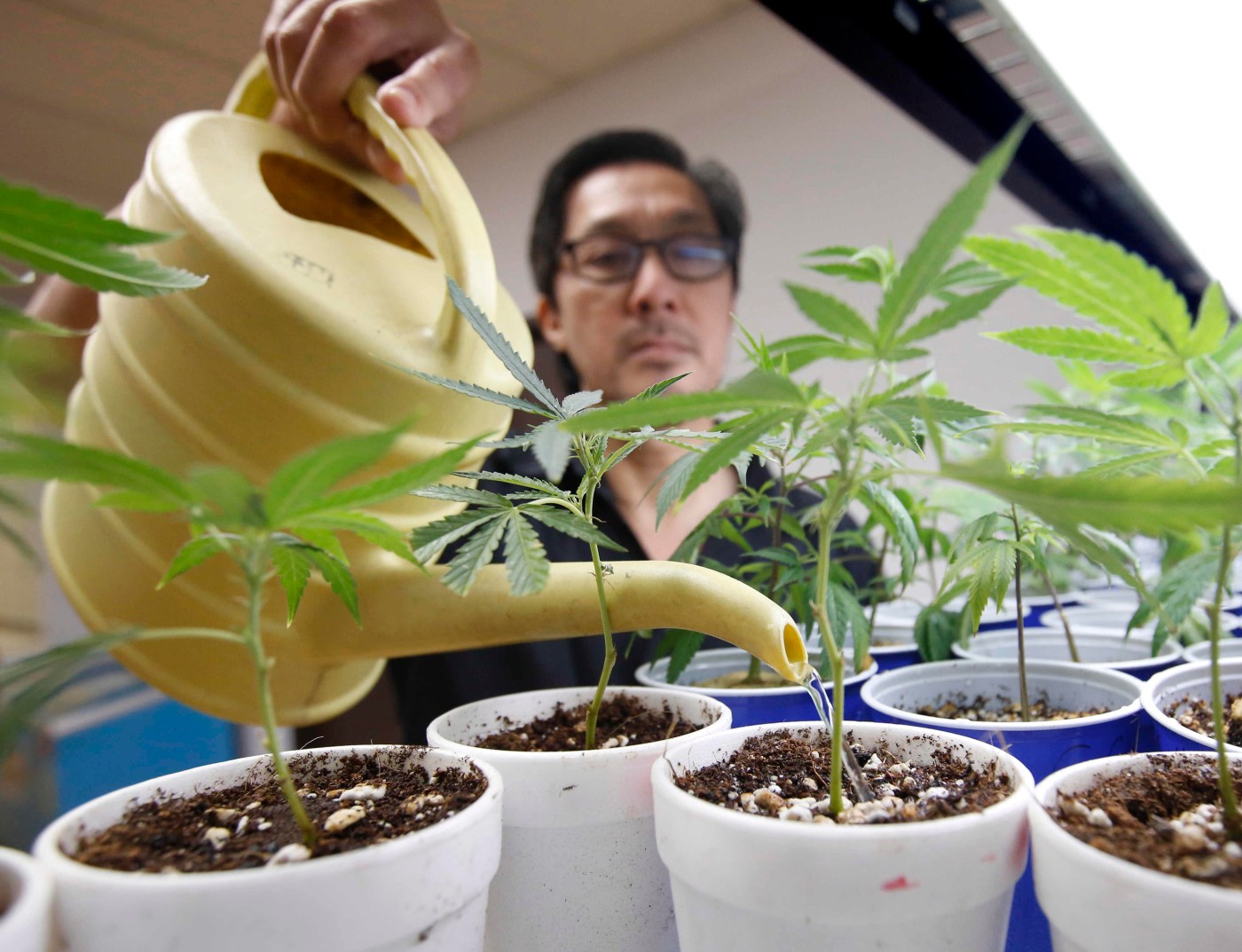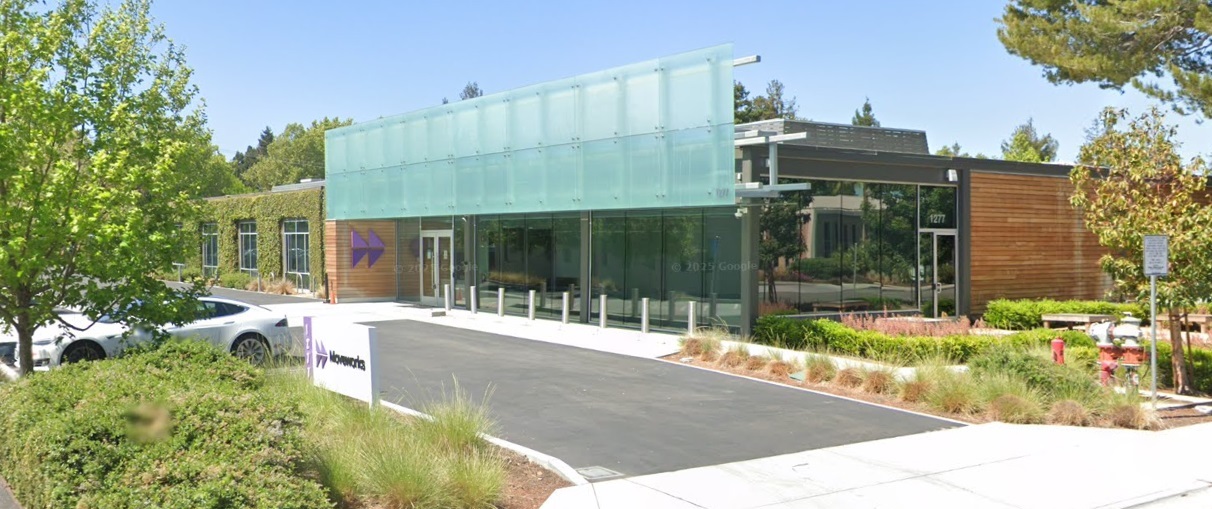The affordability agenda promised by Sacramento Democrats hasn’t had measurable impacts on the intractable problems of electricity, gasoline, property insurance or housing, which are all too expensive. So lawmakers are now focusing on something they can achieve.
A bipartisan juggernaut is emerging to hold the line on cannabis taxes.
The state’s legal cannabis industry, claiming that it faces its own affordability crisis against the larger illicit industry, is on a roll in Sacramento to reverse an increase in the excise tax that took effect this month. While Democrats and Republicans alike seem to think this is a great idea (one key bill recently passed out of the Assembly with 74 out of 80 possible votes), this new quest for cannabis affordability seems to be forgetting something.
Related Articles
Letters: Bills offer California steps to end student homelessness
Sick of loud ads on Netflix? A proposed California law would turn down the volume
Opinion: California’s small businesses need protection — not legal shakedowns
Californians might never know if their doctor is an addict if bill passes
A look at California’s new auto-renewal law
In 2016, Californians voted to legalize marijuana because it was going to provide new tax revenues to underwrite youth programs, child care, law enforcement and cannabis-related cleanups. Now the industry is bristling with the tax burden it once gladly imposed on itself as the price for legalization. And the public is left wondering whether the economic challenges of today’s legal industry are real and worrisome, or pure smoke.
Crocodile tears?
“This is an immense boondoggle for the cannabis industry that is coming at the cost of kids,” said Lynn Silver, a public health advocate and veteran of the state’s cannabis conflicts. She estimates that Sacramento’s proposed tax relief will reduce cannabis tax revenues statewide by more than $1 billion over seven years.
“If we continue to pile on more taxes and fees onto our struggling small cannabis businesses, California’s cannabis culture is under serious threat of extinction,” said Assemblymember Matt Haney, D-San Francisco, when he authored tax relief legislation. “Instead, we should be looking at how we can support this industry which has barely been given a chance to survive after legalization.”
Prop. 64 imposed a 15% excise tax on legal cannabis products as well as a separate tax at cultivation. Yet revenues from this tax were down nearly 16% for the first quarter of 2025 compared to a peak in 2023.
Why?
This part of the California economy is a fact-free zone because the illicit market, believed to be bigger, doesn’t exactly submit all its revenues like the legal one does to the California Department of Tax and Fee Administration.
Nonetheless, that hasn’t kept leaders of the legal industry from complaining about the costs of doing business in California. Between the 15% excise tax and extra local taxes on cannabis and the sales tax and the regulations of their bricks-and-mortar enterprises, California is killing the buzz.
The cannabis excise tax increased this month from 15% to 19% as part of 2022 legislation (with considerable industry support) to phase out the tax on cultivation and replace that revenue with the higher excise rate. But that was when industry revenues were heading up as opposed to down.
Haney’s AB 564 would roll back this excise tax increase for five years. Assembly Bill 8 by Cecilia Aguiar-Curry, D-Winters, would establish the excise tax at 15% between 2028 and 2033.
“Let me be very clear that the legal cannabis industry is not stable,” said Amy O’Gorman Jenkins, legislative advocate for the California Cannabis Industry Association, at a May legislative hearing. “It is in a crisis.”
Silver, meanwhile, isn’t convinced.
“Claims of its imminent collapse are greatly exaggerated,” she said at a recent press briefing. “While the cannabis industry is crying poverty, they are spending copiously to heavily lobby and influence our legislators to pass these bills, taking another page from the tobacco industry playbook and other industries.”
Prop. 64 opened door
Some taxes approved in initiatives can only be changed by the voters themselves. Yet Prop. 64 opened the door for Sacramento to endlessly tinker with the tax rates, giving two-thirds of lawmakers the ability to make money changes so long as they “further its purposes and intent.”
Yet Prop. 64 had two very different purposes, one to create a new industry and another for its taxes to fill some gaps in government spending. And now those two purposes are increasingly in conflict.
Silver, for example, worries about the loss of perhaps $900 million to support childcare statewide for foster children and low-income Californians and perhaps another $400 million in public safety grants to local governments. An estimated 275 different organizations statewide help prevent youth substance abuse, their funding in jeopardy as well.
All this public good was built on a legal cannabis industry being willing and able to disproportionately tax itself. Prop. 64 is on a trajectory to being a false promise for California as an industry begs for tax relief as lawmakers view their job as making cannabis more affordable.
Our economy has some huge affordability problems.
This isn’t one of them. Sacramento is poised to preoccupy itself with cannabis regardless. This Legislature has no core competency to manage the cannabis industry and should honor what voters, rightly or wrongly, approved.
Tom Philp is a Sacramento Bee columnist. ©2025 The Sacramento Bee. Distributed by Tribune Content Agency.





